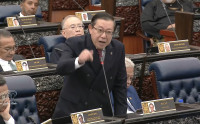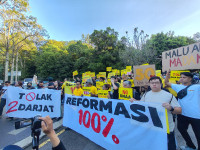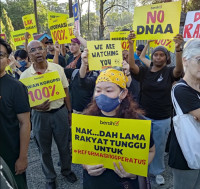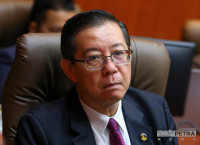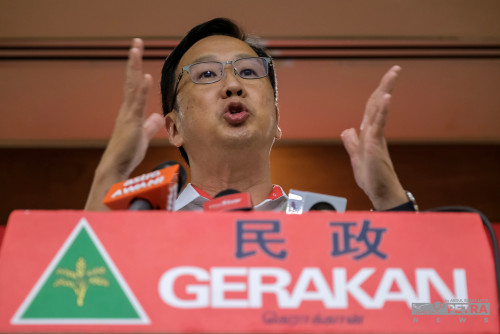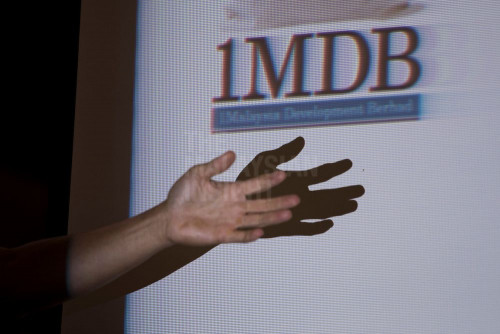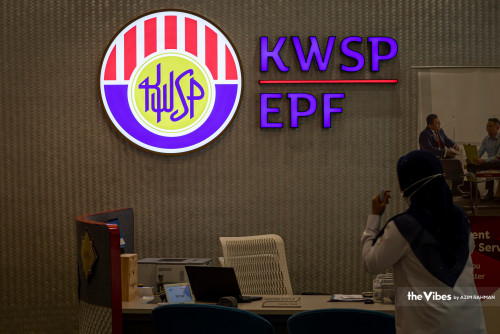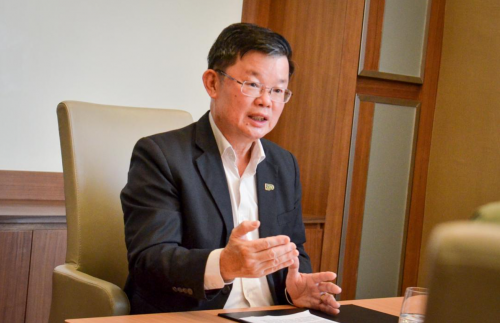“Constitutional conventions provide the flesh that clothe the dry bones of the law; they make the legal constitution work; they keep it in touch with the growth of ideas.” – Sir Ivor Jennings
THERE have been calls for the prime minister to table a motion of confidence when Parliament reconvenes in order for the premier to demonstrate to the members of the House of Representatives, and by extension, to the rakyat that he has the support of the majority of MPs as required under the federal constitution.
Fundamentally, a motion of confidence, which is the reverse to a motion of no confidence, is to evince to Parliament that the prime minister commands the majority of the members of the Dewan Rakyat.
However, there is no requirement in the federal constitution that the prime minister, after having been elected by the Yang Di-Pertuan Agong upon the resignation of Tan Sri Mahiaddin and before a general election is called, must table a motion of confidence to prove that he commands the majority of the house
When the previous prime minister had resigned, and the seat of the prime minister became vacant, the power to appoint Datuk Seri Ismail Sabri Yaakob as the new prime minister was solely at the king’s discretion in accordance with Article 43(2) of the federal constitution.
In this regard, in conformity with the federal constitution, all that is required of the king, in exercising his discretion, is solely for His Majesty and no other person to be satisfied that the newly elected prime minister, in His Majesty’s opinion, commands the confidence of the majority of MPs.
In this regard, the power to appoint the prime minister is an absolute power of the king as enshrined in the federal constitution. Therefore, in accordance with the federal constitution, the prime minister’s appointment is valid and there is no written law that the newly elected prime minister must, after having been appointed by the king, thereafter table a motion of confidence to validate his appointment.
.jpg)
Whilst there is no provision in the federal constitution or any other written law that the prime minister must table a motion of confidence, it has nevertheless been, by convention in Malaysia, for a newly elected prime minister appointed midway to table such a motion in Parliament, as was previously done when Tun Hussein Onn was sworn in as prime minister after the sudden passing of Tun Abdul Razak and Tun Abdullah Badawi when he was appointed after the resignation of Tun Dr Mahathir Mohamad in 2003.
It is imperative to note that the federal constitution is silent on whether the current prime minister has to table a motion of confidence, and in the absence of any written law, conventions may conceptually fill the void in the federal constitution.
Generally, conventions are not legally binding and are not enforceable by the courts, as they are not derived from any set of rules or statute. In the United Kingdom, conventions are regarded as unwritten law and are generally followed, but simply because the UK does not have a codified constitution and is instead an assemblage of legal principles, unlike Malaysia and India which have written constitutions.
In Malaysia, conventions could be regarded as just rules of political practice. The Indian Supreme Court in the case of SP Gupta v President of India 1982 had held that any convention that is contrary to the constitution cannot be regarded as a constitutional convention.
However, the prime minister’s legitimacy after his appointment can be tested at any time when Parliament is in session.
In this regard, any MP is at liberty to invoke Standing Orders 18 or 27(3) of the Dewan Rakyat to introduce a motion of public importance urgently, and if leave is granted by the Speaker of the House, to debate on whether the prime minister does in fact command the majority of the Dewan Rakyat. – The Vibes, September 6, 2021
Datuk Seri Rajan Navaratnam is a prominent lawyer and legal adviser to The Vibes



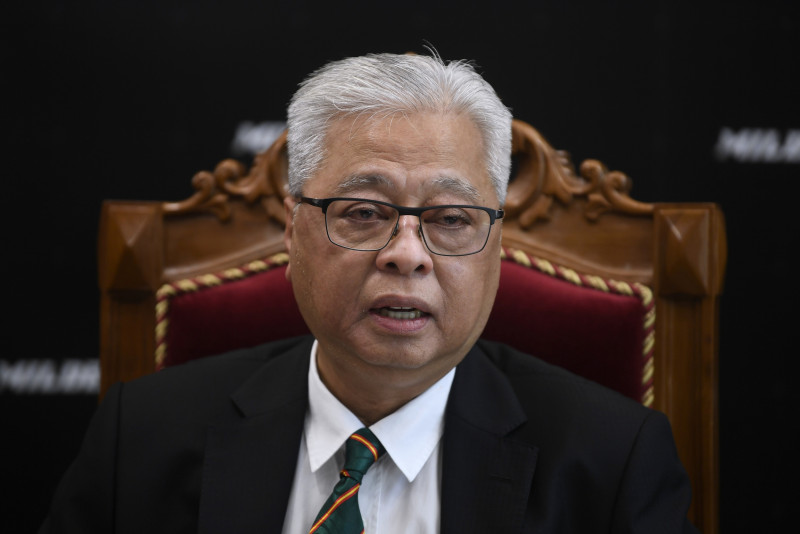
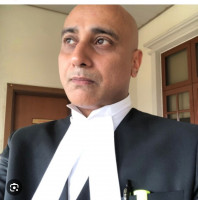
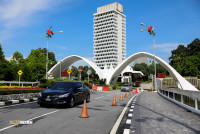
.jpg)

